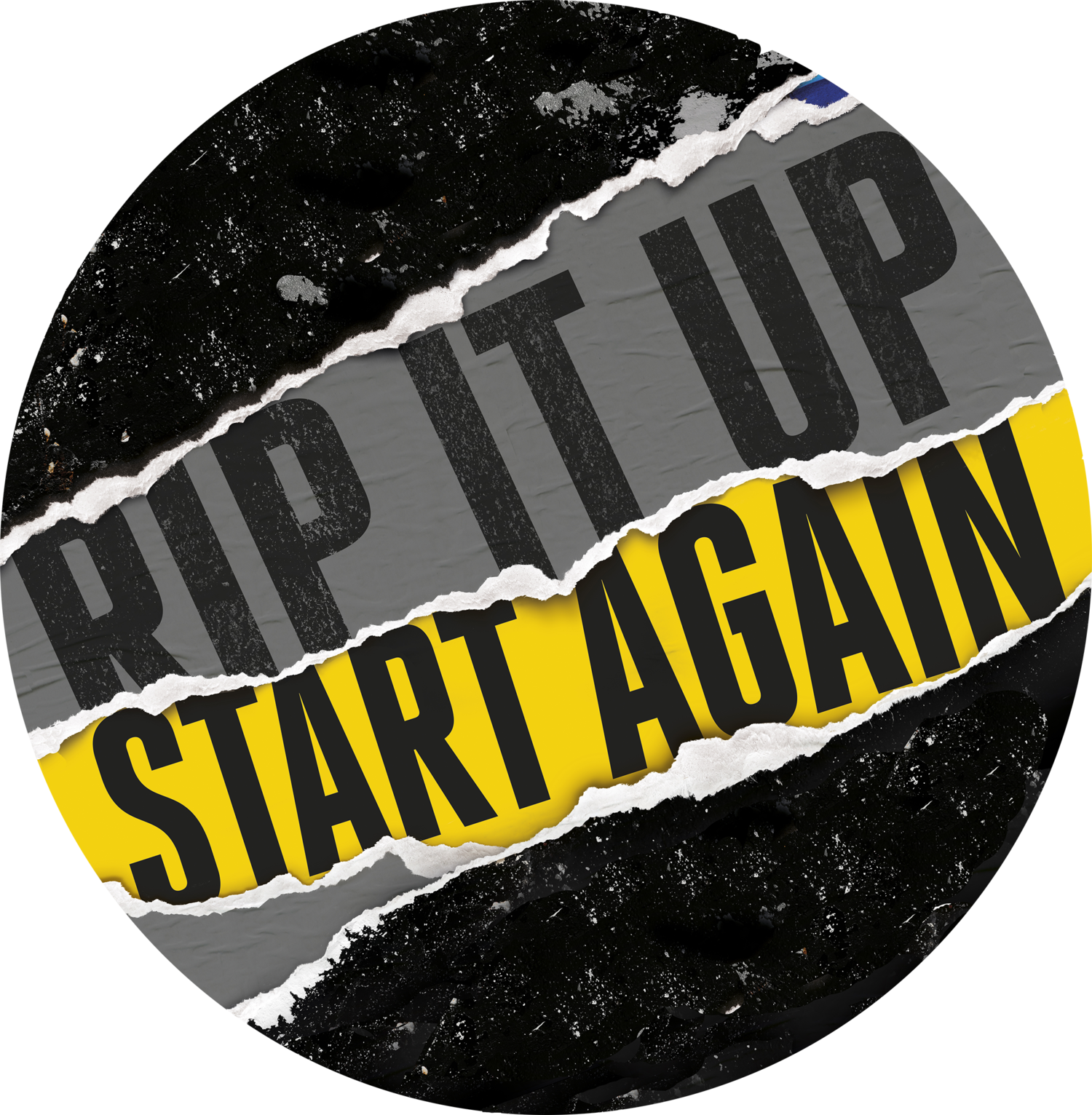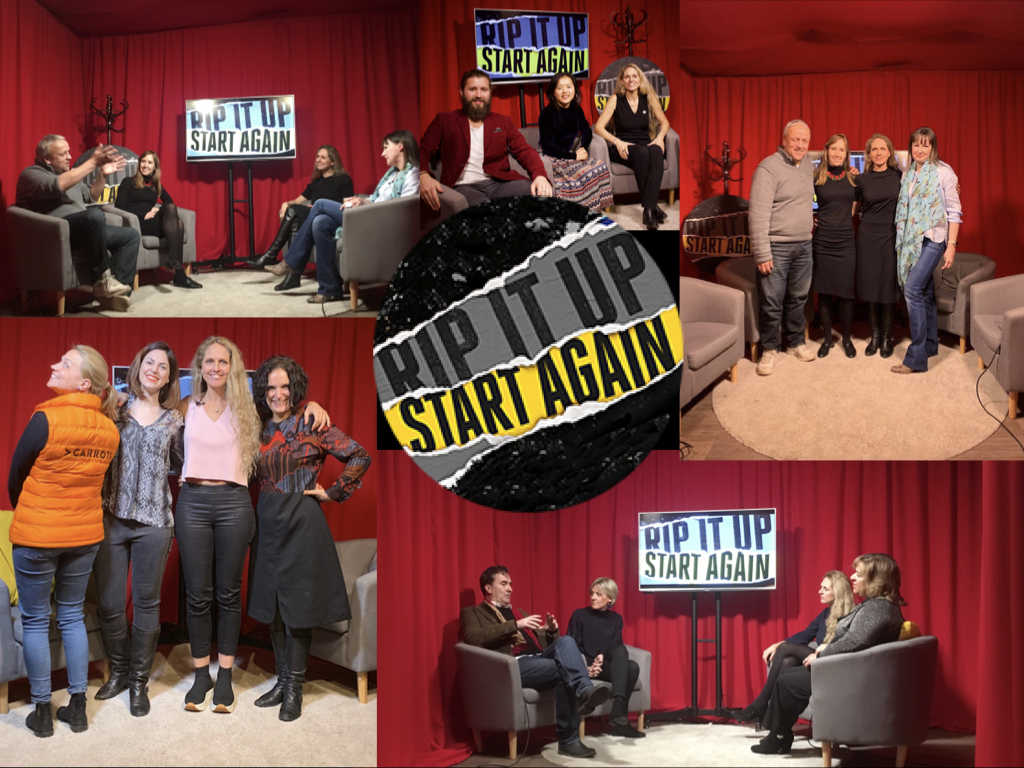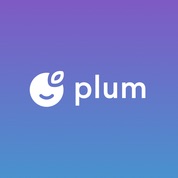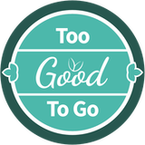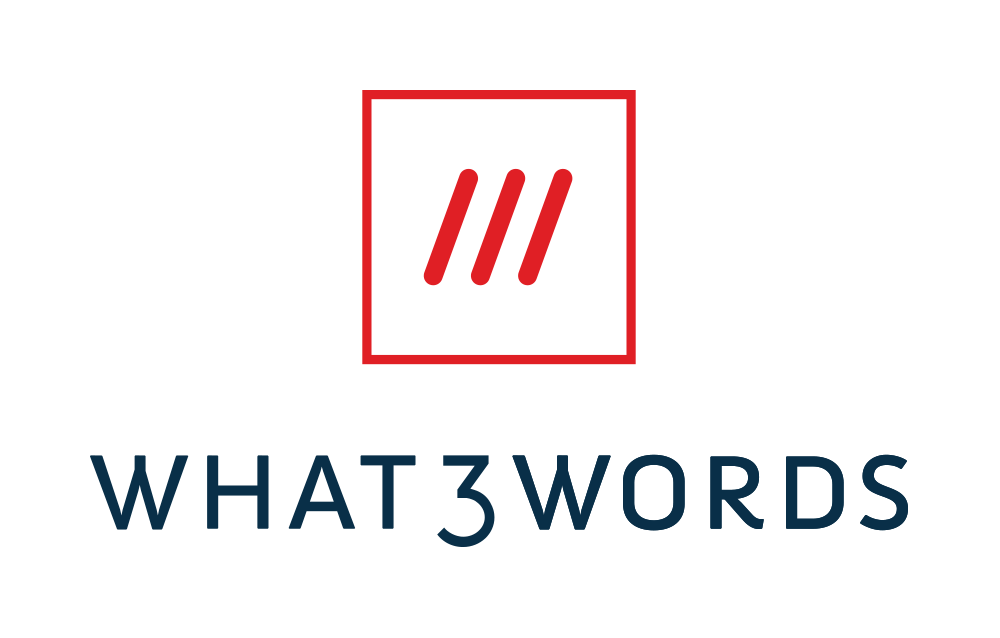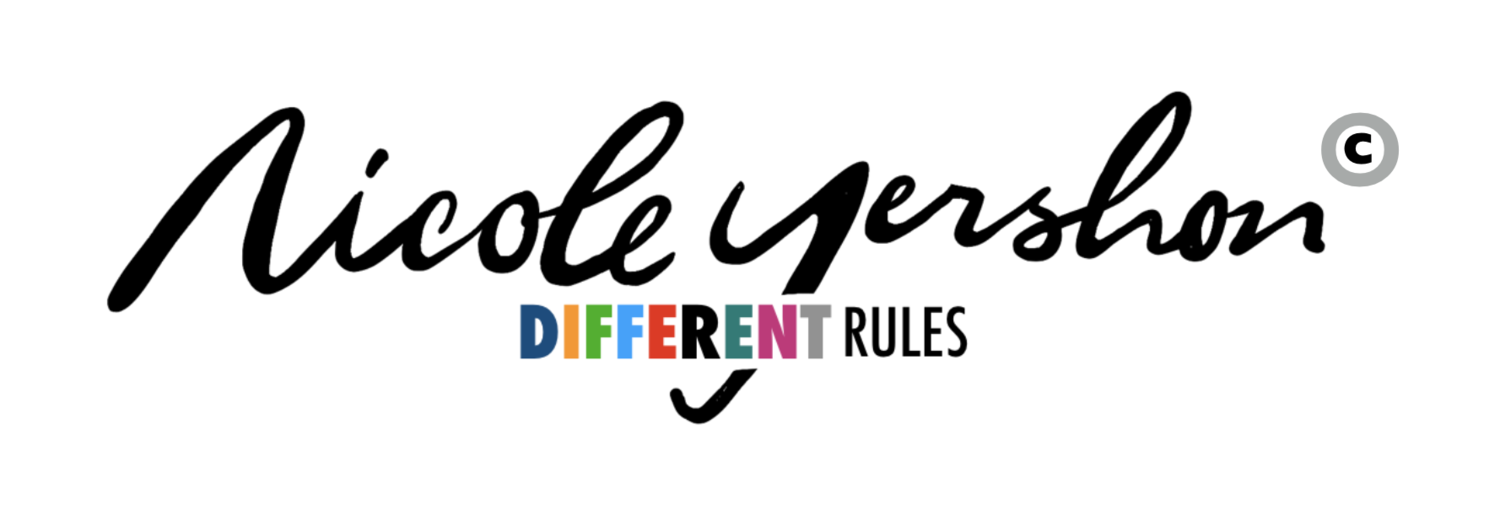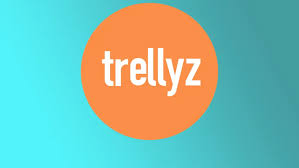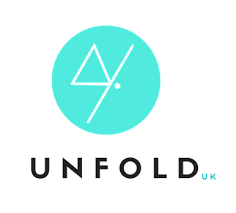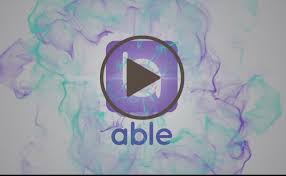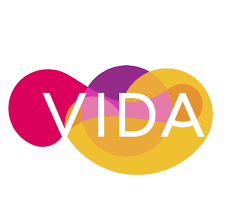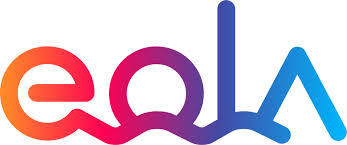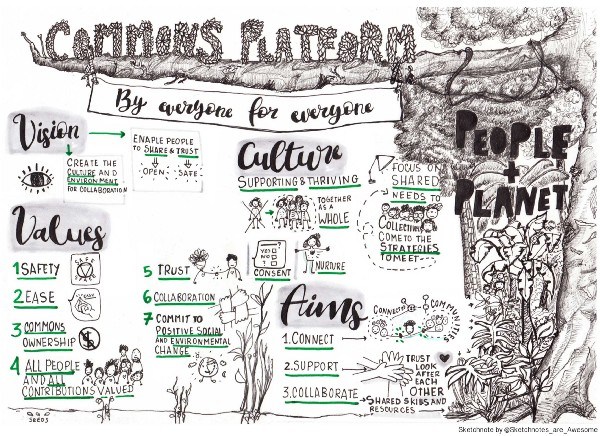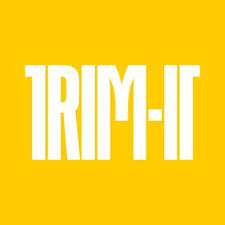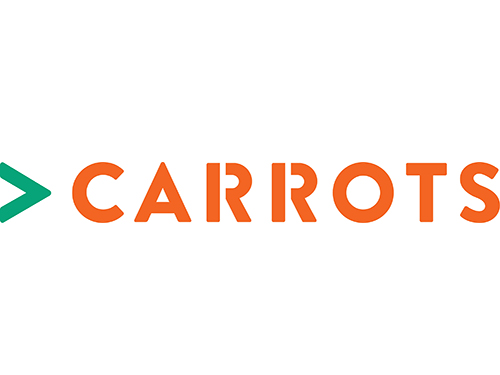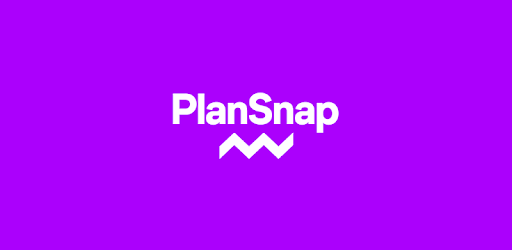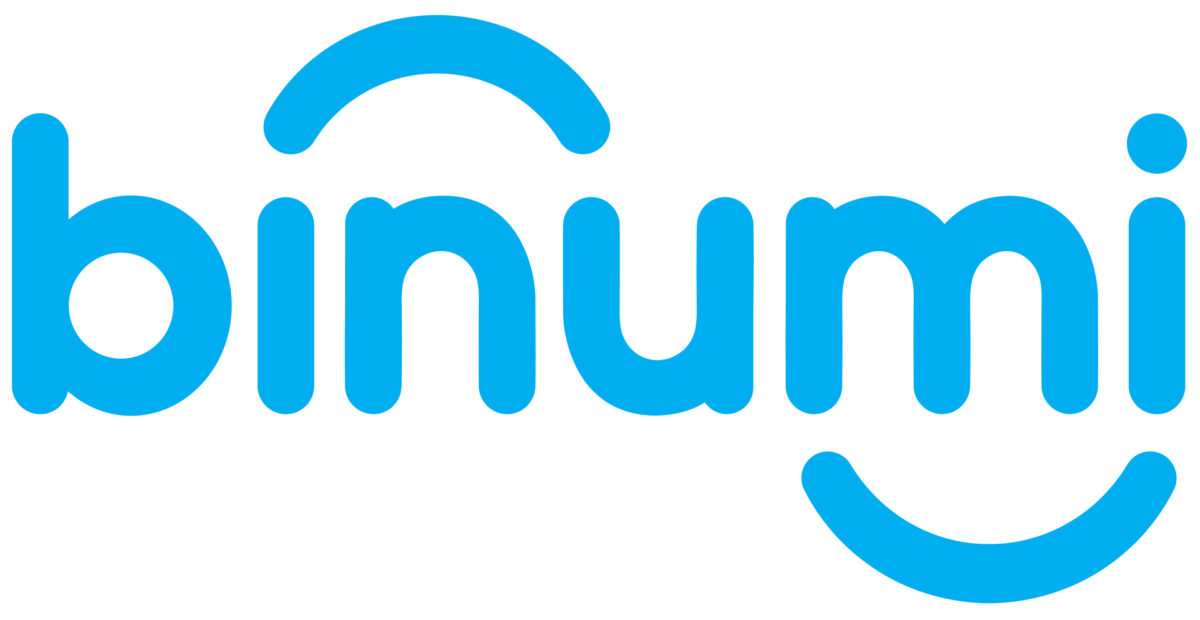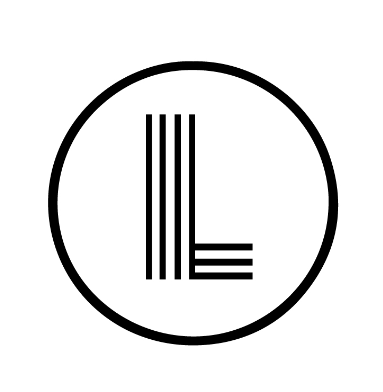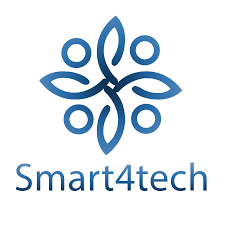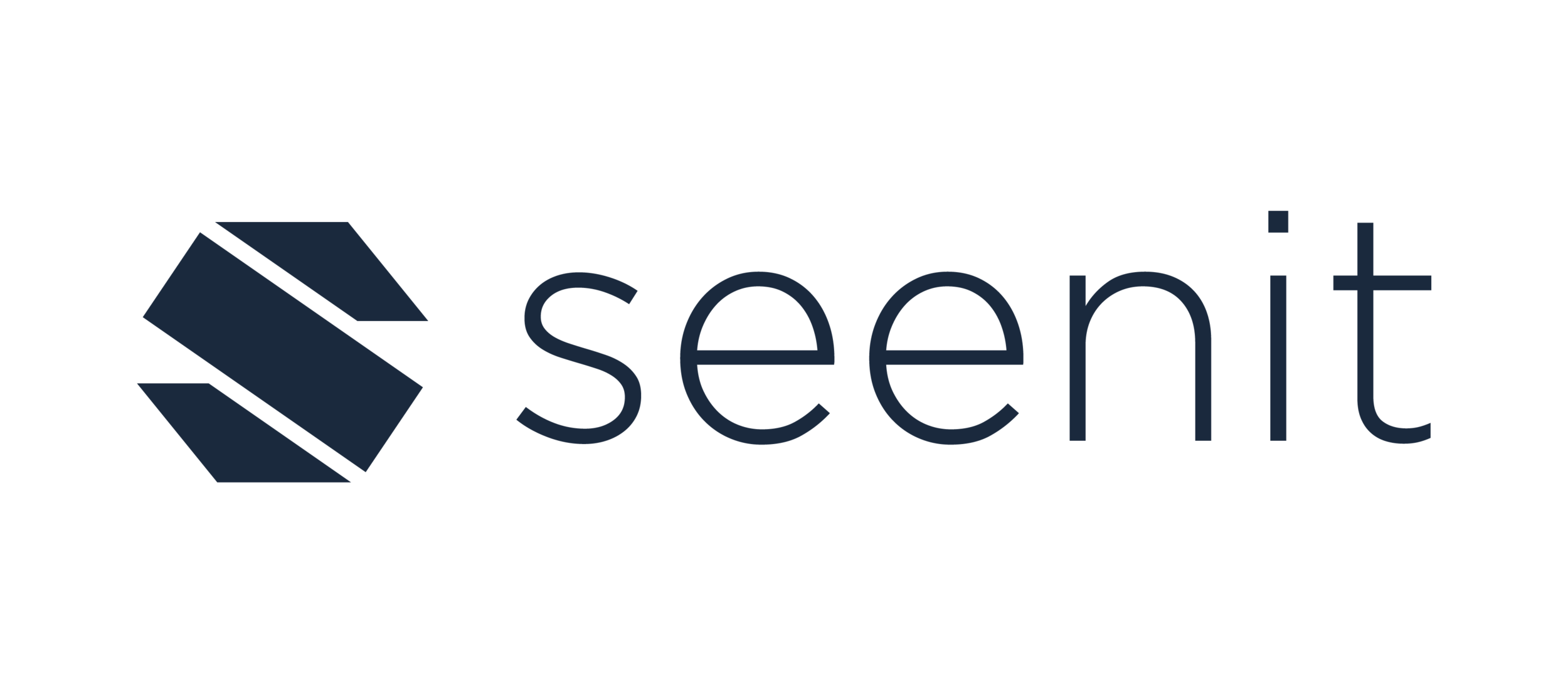Round 14: Consilience Ventures | Fabriq | Surreal Studios
/Rip It Up, Start Again have partnered with Disruptive.Live to bring you disruptor stories from some of the most exciting startups. Hosted by Lulu Laidlaw-Smith, this televised event includes a series of five-minute overview and backstory from entrepreneurs followed by an interactive Q&A.
SPEAKER #1 Kevin Montserrat | Consilience Ventures
Kevin grew up in France and from a young age knew he very much wanted to find ways to help people. By the age of 15, he had decided that the best way to do that was to go to a school that would train him to be a firefighting, giving him the opportunity to support those in community who were experiencing some of the greatest difficulties of their lives. Finding ways to bring them happiness was his goal, and putting smiles on their faces became his mission, eventually leading him briefly to the world of photography, which allowed him to make money and smiles at the same time. After heading to the US and working in logistics and supply chain, and real estate, Kevin ended up back in France around 2011, filled with motivation and inspiration from all that he had learned abroad. He headed to the south of France for university, loving the chance to study and ski at the same time, fulfilling his passion for sport. That inspiration he found while in the US followed him to school, pushing him to pursue ideas of finding ways to reinvent the way people play sports, which pulled his attention away from his studies. Despite the support he was receiving from his peers, he decided that school should remain his focus, and he finished his degree in Australia, studying economics. Flash to 2014 and Kevin was living in the UK, finishing up a master’s in economics and searching for potential business avenues with some of his lecturers around campus, where he came across a past acquaintance who wanted to build a company, one that would serve the finance industry and help startups gain access to funding. By 2018, he and his co-founder had decided to flip the venture capital model completely upside down, removing the pain of raising capital and finding ways to make entrepreneurship accessible to everyone. Find out more at https://www.consilienceventures.com/.
SPEAKER #2 Benjamin Knott | Fabriq
Before creating Fabriq, Benjamin was working for Google in Europe, running their real estate portfolio and focusing on finding ways to run their buildings as efficiently as possible. However, he quickly realised just how difficult it was to pull the data out of buildings that would give them the vital information they needed to optimize performances. Knowing fully that upper management likely wouldn’t go for his ideas about ways to solve the issue, he decided to set out on his own mission to create an optimized building environment with the lowest amount of environment impact possible. Fabriq’s software platform connects buildings, built environment and real estate to completely optimize how people live and work within them, pulling data and energy factors to analyse how energy consumption can be improved, how money can be saved, and how the build environment can be the most productive. Benjamin knows that buildings count for 40% of emissions to climate change of energy that’s consumed in buildings and while energy is important to everyone for obvious reasons, not a lot of people know this statistic, nor realize that changes can happen to lower that number. He believes that to make a real change, there needs to be a connection across the chain, from landlords to building operators to managers to tenants. Find out more at https://fabriq.space/.
SPEAKER #3 Daisy Pledge | Surreal Studios
Daisy is the founder of Surreal Studios, and while she initially labelled it as an augmented reality gaming studio, she believes that it will change itself into a whole real of things in the years to come. Daisy started off in the world of PR, and for the last five years, her life felt like one big networking event after another. From the beginning, part of her job was pitching the business at events in order to get interest, but realised she knew very little about PR, and the idea of trying to connect with people she didn’t know about things she also didn’t know much about seemed a ridiculous. Daisy thought that maybe networking wasn’t actually working the way that people were currently doing it, because they were only pitching their business, and not themselves. She took this concept into events with her, using the opportunity to network herself as a person, not just an extension of a company, and actually won some business that way. Along this road, Daisy discovered and fell in love with Augmented Reality, thinking it was truly the coolest thing in the world, and saw its potential to connect people that were also into that kind of gaming. Her current app of jigsaw puzzles is being tested and piloted, and Daisy hopes it can be used to not only connect gamers, but people looking to network in all aspects of their personal and professional lives. Find out more at http://surrealstudios.co.uk/.
Q&A HIGHLIGHTS
On Problems Solved...
Kevin Montserrat: “We’re dealing with a systemic problem here, we’re dealing with a problem which is down to the legacy of the society we’ve been building. You know, we tend to think that money is a big enabler. In reality, money in startups is a big pain and that’s why we’ve got the whole venture capital world here going after money and talking about rising capital and they forget they’re actually building a business. It is not about raising capital, it is about solving a problem and building a solution for it, and making a profit.”
Benjamin Knott: “There’s actually two problems that we’re solving: there’s the problem that we are solving for our customers, for our partners, and then there’s the global problem that we’re solving. I talked earlier about climate change, energy resource efficiency, so on and so forth. That in itself doesn’t sell. And that was a big thing to realise over the years, only took me five or six years to understand that. But what does sell in terms of efficiency in terms of workflows, efficiency in terms of data management, compliance, optimization, so we’re sort of a CRM, customer relationship management tool.”
Daisy Pledge: “The big problem probably is that people can’t connect with each other. At the minute, you’re sort of drawn together with people from school, and then you go off and go to work and so you get these two classes of friends and then let’s say at business events, you might talk to people but not many people go to business events and make lifelong friends. So if you’re kind of born into this network and it’s very hard for you to move out into another network, and so I guess that’s why there’s this whole thing about entrepreneurship that it’s sort of a rich person’s game because it’s only rich people that have the network.”
On Trust...
Kevin Montserrat: “Trust is everything, trust is the very foundation of our society. We only accept this note of ten pounds, ten pound notes because we trust it. Because I trust that if you give it to me, somebody else is going to accept it. We’re shifting this by creating a very trusting environment where it’s all private, there’s no organic applications, we do not take organic applications from startups looking for money. You are part of the network, you recommend companies and I trust that I will spend the time because I trust you.”
Benjamin Knott: “Trust is everything, trust is personal. I didn’t think it would be like that with my business. We’ve got all the features on the website, we’ve got all the case studies on the website, we’ve got all the numbers to prove everything. It’s way too cheap anyway, in terms of what we can achieve at the end. You have the decrease in energy costs, the increase in asset value, productivity. And yet, if we don’t sit down with the customer, the potential customer, and have that demo…the demo is almost about ticking boxes, and they could have done that before because we’re quite transparent but it’s about meeting us, getting to know us.”
Daisy Pledge: “One of the hardest things of trust for me is that because it’s so out there as an idea, and it’s just really weird, I suppose, in some people’s eyes, there is that trust that they have to have in me that I’m not just bonkers, and it does actually work. So that’s my hurdle, I guess.”
On Validation…
Kevin Montserrat: “It was not a lightbulb moment, it did not happen overnight. I’ve been researching the market for the past three years plus, I’ve been speaking to hundreds of VCs, hundreds of investors, angels, family offices, private equities, have been speaking to the whole ecosystem, to startup founders, to service providers. To me, it was so obvious that there was a problem that was so big that nobody could see because we are so busy looking at the small problems that we have here, but we’re not looking at the massive problem over our head.”
Benjamin Knott: “I did zero validation. I was doing that at Google for four years and I was craving for a tool like the tool I ended up building…Google wouldn’t build it at the time, it was 2011, big changes were happening at Google so it wasn’t the right time. So somebody had to do it and obviously it had to be me. And then I validated it with exactly two people who were my good friends in sustainability. The second I described it to them they said, ‘Wow, this would be really good, I would love to use it!’ And I thought, ‘Great! I’ve got validation! We’re ready to launch!’”
Daisy Pledge: “Well, initially, I validated it completely wrong. I kind of thought, ‘How am I going to do this without building any tech?’, which is quite tricky. So I held a nerf gun networking events and they worked really well, but then I realised they worked really well because the people that were coming wanted to play with nerf guns so obviously it was going to work. And so it was a sort of self-fulfilling prophecy type thing that meant nothing. So then I took it to a Christmas party for a big media organization where there was sort of three, four hundred people and I had it in a corner there and we had queues all the way down and everyone loved it.”
On Change…
Kevin Montserrat: “As I’ve said, I’ve been working on this for a long time, and the very first idea, the very first concept, was building a data-driven platform to actually enable customers to have access to startups. So think of the large, you know, big companies, like PLCs, looking for innovation and I wanted to create a gateway where they would have access to all of the startups that we worked with because you know we see a lot of those companies and there are some big companies like Google, like Microsoft, like Amazon, like Oracle, like IBM, they are seeing a lot of companies, good companies."
Benjamin Knott: “From Energy Deck to Fabriq, from resource efficiency and energy, which is a 40% beast we’re trying to tame in terms of climate change — it’s the biggest problem we’re facing out right now, bar none, even before Brexit and all these other things — but it’s how do you get that, communicate that to a market that doesn’t think in those terms, right? And that’s a journey.”
Daisy Pledge: “My biggest pivot is just actually focus on internal team building within the company. Recruitment for big corporates who have these hundreds of graduates they bring in every year and they want to whittle that down to ten or twenty. The game really quickly highlights people who can’t work in a team because they just can’t get it and they just don’t care.”
